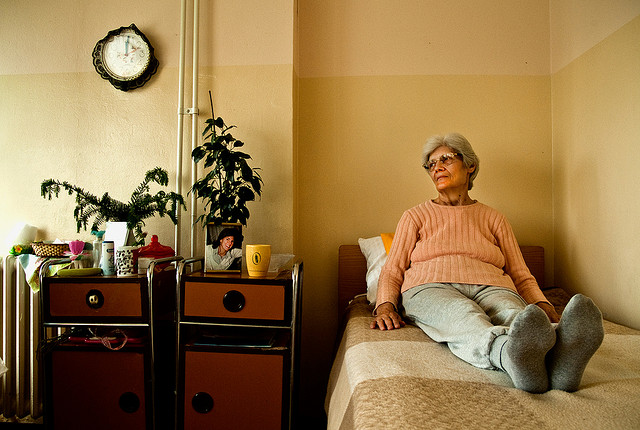A New York Times report on Monday shed light onto the practice of nursing homes attempting to gain guardianship over its residents.
The practice is legal and used for a variety of reasons – but experts say the main reason is monetary: to gain control over the resident’s money and use it solve billing disputes.
This little-known bill collection tactic is utilized more than most people probably realize. The New York Times investigation found:
Interviews with veterans of the system and a review of guardianship court data conducted by researchers at Hunter College at the request of The New York Times show the practice has become routine, underscoring the growing power nursing homes wield over residents and families amid changes in the financing of long-term care.
In a random, anonymized sample of 700 guardianship cases filed in Manhattan over a decade, Hunter College researchers found more than 12 percent were brought by nursing homes. Some of these may have been prompted by family feuds, suspected embezzlement or just the absence of relatives to help secure Medicaid coverage. But lawyers and others versed in the guardianship process agree that nursing homes primarily use such petitions as a means of bill collection — a purpose never intended by the Legislature when it enacted the guardianship statute in 1993.
One expert told the New York Times that the tactic is “cruel…a strategic move to intimidate.”
Another expert said claiming guardianship is “a legitimate means to get the nursing home paid.”
Nursing homes say that the tactic may not be pretty – but it’s better than the alternative, which is suing residents who have outstanding bills.
An explanation of guardianship, from the NYT:
Guardianship transfers a person’s legal rights to make some or all decisions to someone appointed by the court — usually a lawyer paid with the ward’s money. It is aimed at protecting people unable to manage their affairs because of incapacity, and who lack effective help without court action. Legally, it can supplant a power of attorney and a health care proxy.
Read the full New York Times investigation here.
Photo by sima dimitric via Flickr CC License




